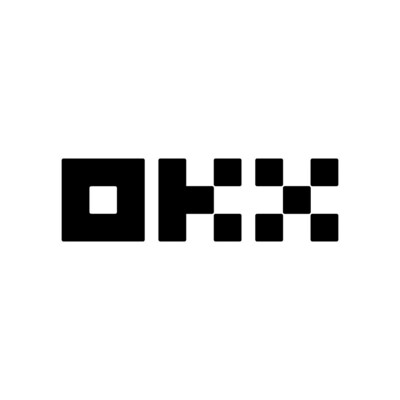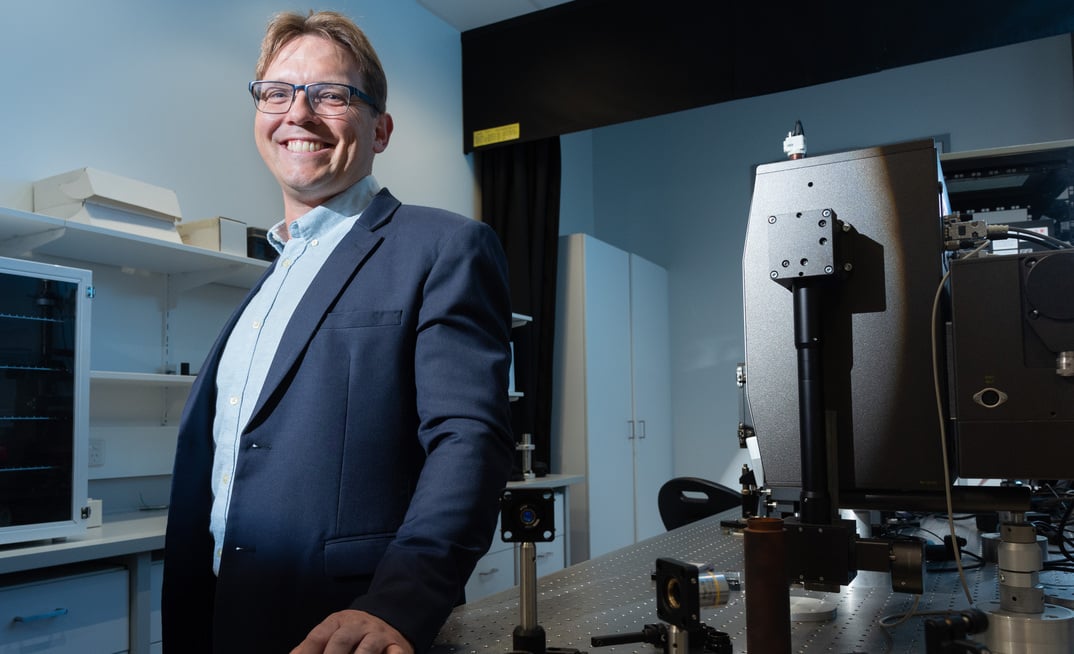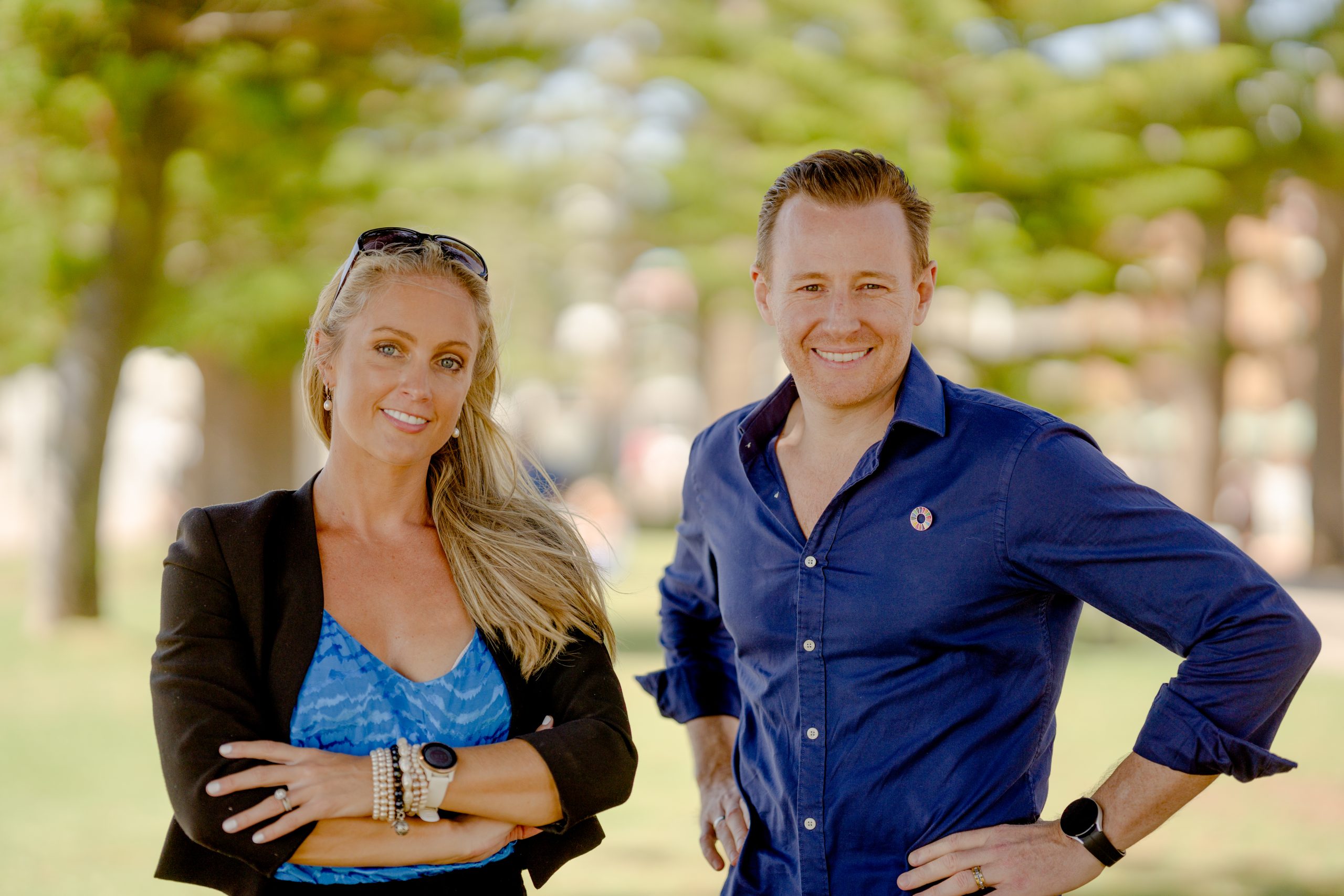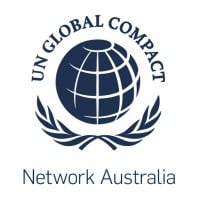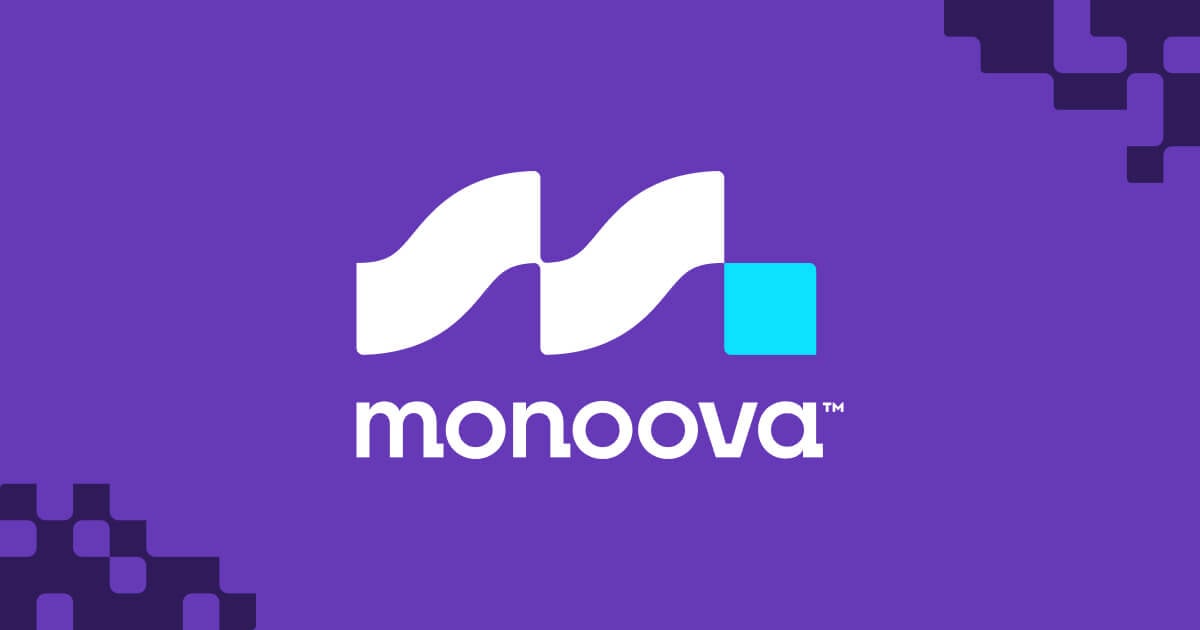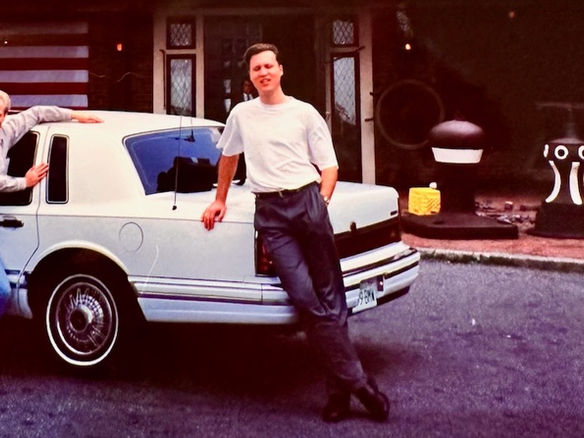
Hannah Moreno, the Managing Director and Founder of Third Hemisphere
I’m not known for my leniency on problematic men.
I roll my eyes when I see a post online praising a man for doing the bare minimum as a father or husband, and often comment with the tag group “The bar for men is so low it’s a tavern in Hades”.
As a feminist advocate and author speaking on topics such as rape, domestic violence, workplace power imbalances, and inclusive leadership, you’d better believe I’ll have an opinion – a public one – on men in positions of power exploiting that power to harm women.
Even men who do not wield obvious power are empowered by a patriarchal society that elevates the opinions and needs of (predominantly white, heterosexual, able-bodied) men above all other categories.
Yes, men, even when you are having a bad day.
So it might have come as a surprise to some when I chose to applaud the recent apology by Sam Joel, notorious serial pest, espouser of highly misogynistic views, and sexual harasser to me, several of my dear friends, and dozens of other women across the technology ecosystem.
This misconduct spanned months and years, with fellow founders, prominent VCs, and even at least one ecosystem journalist that I’m aware of subject to his tirades and sexual harassment.
It came to a head this past Saturday when the fabulous Elaine Stead posted an article by the also fabulous Bronwen Clune on LinkedIn, and Joel chose to post an exceedingly misogynistic comment beneath it.
He followed this up by sexually harassing and demeaning multiple women and men who called out this misogyny, myself included. He then continued his abuse of me via email, including making a point to talk about my work location.
This is where I made a series of very deliberate choices.
Accountability
LinkedIn did not offer a satisfactory response to the harassment we had endured in our professional setting.
This absence of a means for recourse in “fringe” workplace settings, such as on LinkedIn or at networking events, is an ongoing problem for many women in our ecosystem.
The value of the networking opportunities in these two settings is immense. But for many women, the cost of participating is to risk being sexually assaulted, as Elaine recently experienced.
Or, we risk enduring the type of misogynistic vitriol that chips away at our humanity, bit by bit, day by day, and enrages, infuriates, and exhausts us at a soul level.
Adding to this are the near-constant demands, predominantly from men, to prove the abuse and discrimination we suffer – which is exactly what Joel’s first comment demanded.
The demands come as if the overwhelming number of articles and research papers already doing just that are somehow inadequate, and we must somehow whip up another more compelling one on the spot that will satisfy the demands of a man committed to not being satisfied on the topic.
So, I thought, fuck it.
In my reply to Joel, I CC’d in every prominent technology journalist in the ecosystem who I knew was also a feminist – i.e. a safe witness to the showdown – and escalated the PR crisis he had himself already caused with his own words and actions.
You want to be a big man talking about banging women while we’re literally just trying to work? Let’s communicate your “values” at scale.
Ongoing private communication with him during that day, on the back of those emails, eventually forced a private apology and a complete turnaround in his attitude on the topic – a highly self-serving one, you might reasonably point out.
But one that I have since seen demonstrated to be genuine in several ways.
In the absence of any other formal mechanisms to bring him into line, it was the power of women speaking out – including Elaine’s aforementioned editorial on the topic – that forced a serial pest to finally apologise for what I understand might just be the very first time in history.
Yet I was just one of dozens of victims. And when men espouse their misogyny publicly against one woman it hurts womankind by creating an unsafe and exhausting world for women and girls.
Given this, the target of his apology needed to be far, far broader than just myself.
So what did we want him to do next?
Joel’s apology
After many hours of negotiation and communication, Joel and I agreed he should make a public apology from his corporate account.
His personal account had been deactivated, so this was his only means to apologise in the same forum he had spewed his most recent abuse.
He wrote the first draft, and I helped to shape his words to incorporate the way his damage extended far beyond the women he had directly hurt. He also agreed that “sexual harassment” is not a symptom of PTSD, so his promise of therapy must be to address his misogyny too.
We added a means for affected women to speak with Joel, though in retrospect this should have been a promise for Joel to contact them instead. On hearing this feedback, he has since promised to reach out proactively instead.
To Joel’s credit, he accepted and followed every single word of my advice with humility and gratitude. And he knew full well this advice wasn’t about protecting his reputation. It was about taking ownership for exactly what he had done.
When you know better you do better
In his LinkedIn post announcing his resignation, Joel said “I would like to… express my deep gratitude to Hannah for her incredible communication & guidance which has helped me to see what I need to do to change my behaviour permanently, starting from today.”
Did Joel deserve this level of grace? Maybe. Maybe not. But that’s not the point.
The women he abused deserved the apology he gave, and the steps he has committed to taking in the months and years following – several of which he has since taken, including stepping down as CEO of the company he founded.
More importantly, the message it has sent to the ecosystem appears already to be resonating with some key industry stakeholders and powerbrokers.
In the days following the story breaking, I received multiple calls from male VCs and other investors asking how they could use their influence over capital markets to address this problem.
We’ve had event organisers asking our thoughts on creating and enforcing codes of conduct to keep women safe.
And we’ve received dozens of emails from women sharing their own stories, empowered in the knowledge that they were not alone and that we as a collective are not tolerating this anymore.
When women are silenced, their mistreatment sits in silos of pain, and perpetrators continue with the impunity provided by fear.
But when we speak out, we tap into the power of collective rage and action.
And it can’t just be the women and victims who join in and lead this charge for change.
It takes journalists writing these critical stories, to hold perpetrators to account where other mechanisms fail.
And it will take every single man in the ecosystem asking himself, “even if I haven’t perpetrated any of this abuse, what have I done to help prevent or address it?”
No victim owes a perpetrator forgiveness or absolution at any point, ever.
But when the wrongdoer fully owns his actions, expresses genuine contrition via “costly” acts (such as stepping down as CEO), then – critically – goes on to demonstrate a lasting behaviour change, there is power in creating space for this change.
We as an ecosystem must keep perpetrators like Joel accountable to their words.
But we can also consider how a path to redemption might help to create the type of industry-wide change that is at the heart of why we speak out in the first place.
This was originally published in the Australian Financial Review, read the editorial here.


